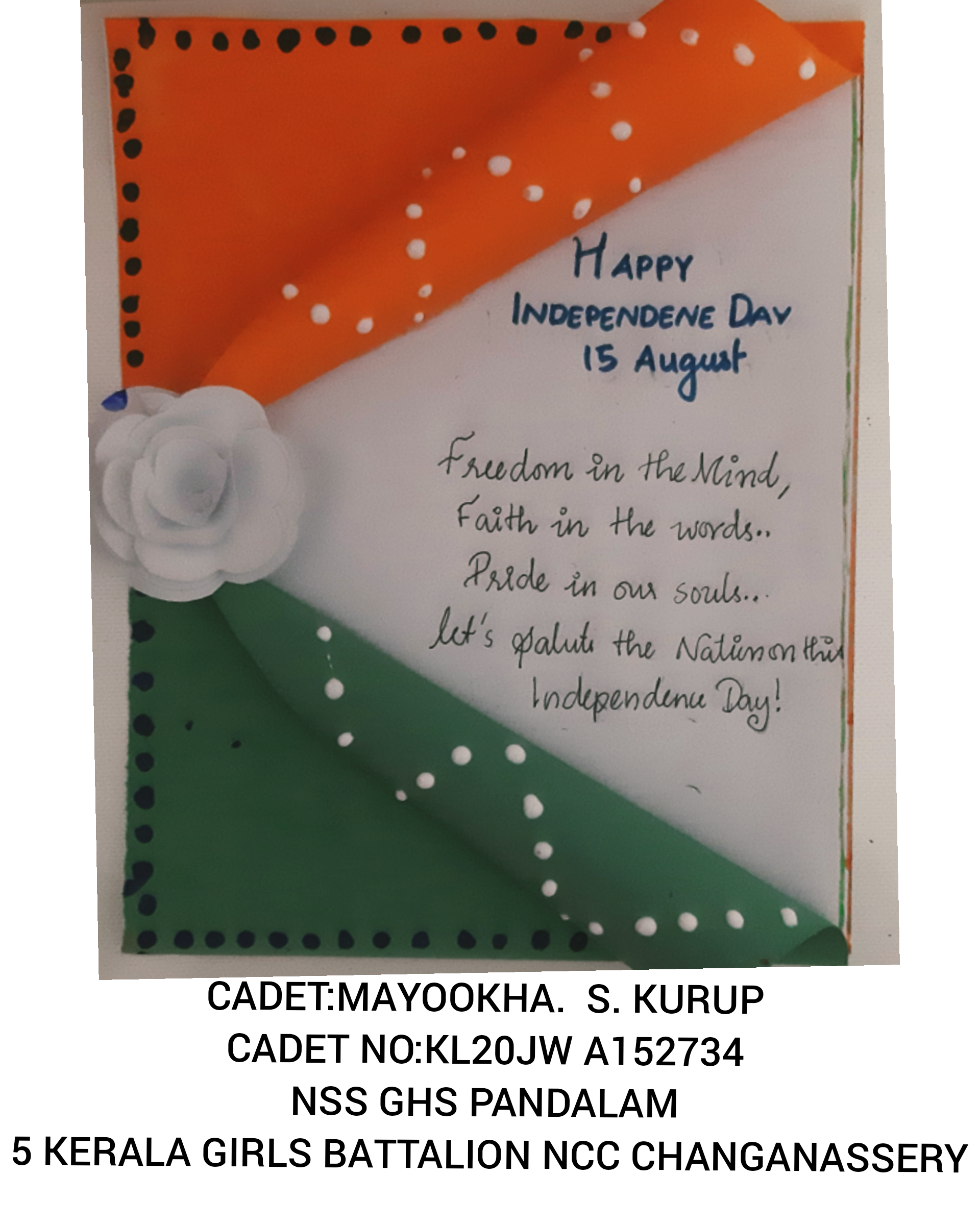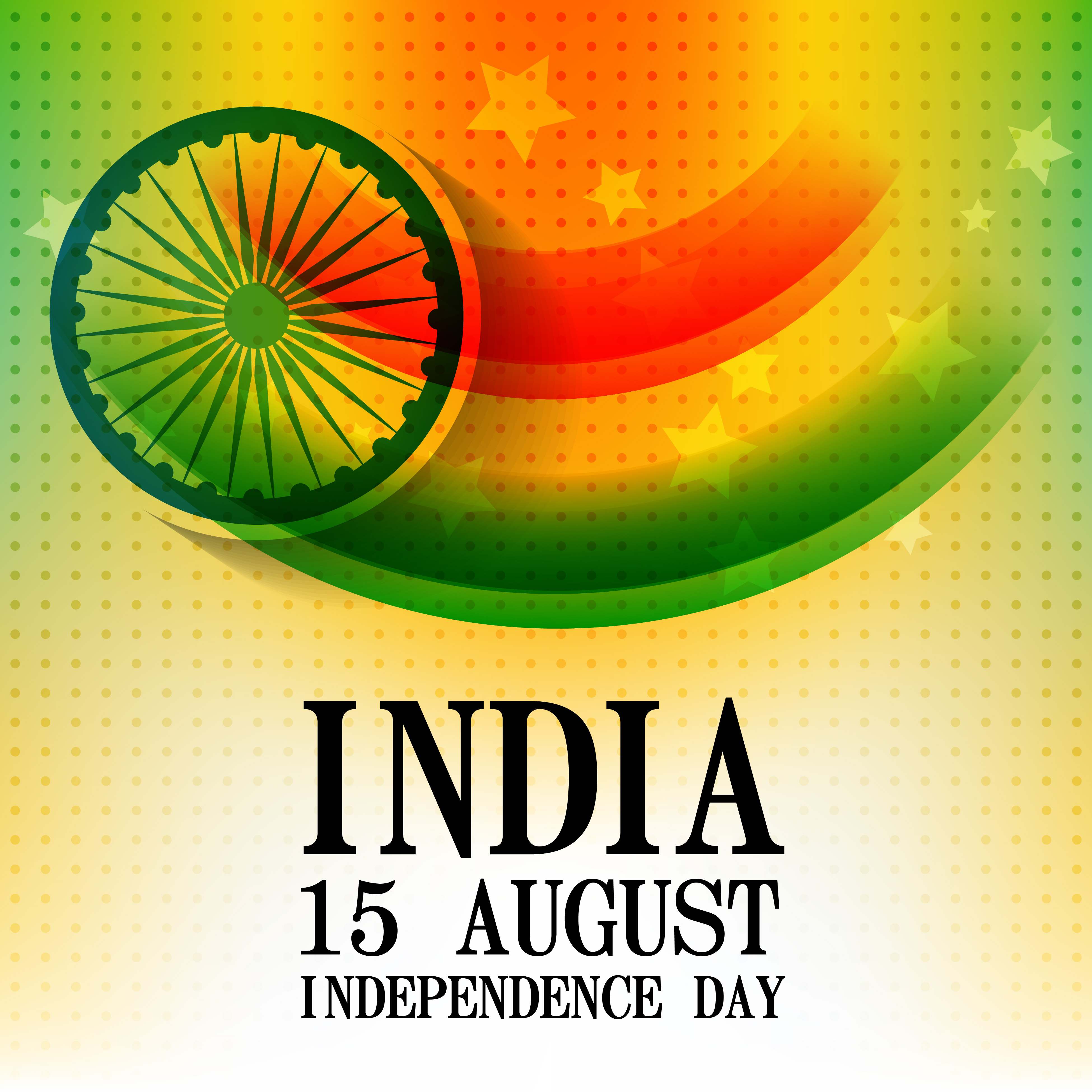Indian Independence Day is more than just a national holiday; it's a powerful reminder of the resilience, courage, and determination of a nation that fought tirelessly for its freedom. Picture this: a country that stood united against all odds, breaking free from colonial chains to embrace its destiny. Every year on August 15th, India comes alive with colors, emotions, and patriotism, as millions gather to celebrate the birth of a free nation. This day is not just about history; it’s about the spirit of a people who refused to give up their dreams.
As we dive into the rich tapestry of Indian Independence Day, it’s important to understand the significance of this day beyond the parades and festivities. It’s a day to reflect on the sacrifices made by countless freedom fighters, ordinary citizens, and leaders who dared to dream of a better future. Their stories inspire us to cherish the freedom we enjoy today and remind us of the responsibilities that come with it.
So, whether you’re a history enthusiast, a proud Indian, or someone simply curious about the world’s largest democracy, this article will take you on a journey through the history, traditions, and modern-day celebrations of Indian Independence Day. Let’s explore how this day continues to shape the identity of a nation and its people.
- Ahn Jae Hyun Rising Star Inspiring Journey And Fascinating Facts
- Jessica Capshaw Father The Untold Story Behind The Scenes
Table of Contents
- The History of Indian Independence Day
- The Unsung Heroes: Freedom Fighters Who Made a Difference
- How India Celebrates Independence Day
- Timeless Traditions That Keep the Spirit Alive
- Modern-Day Celebrations: A Blend of Tradition and Innovation
- How the World Views Indian Independence Day
- The Impact of Independence on India's Development
- Challenges Faced Post-Independence
- The Future of Indian Independence Day
- Wrapping It Up: Why Independence Day Matters
The History of Indian Independence Day
Indian Independence Day holds a special place in the hearts of millions. It wasn’t just a single event but a culmination of years of struggle, sacrifice, and determination. The British East India Company first set foot in India in the early 17th century, and by the mid-19th century, the British Empire had gained control over vast regions of the subcontinent. But as they say, "every cloud has a silver lining," and the seeds of resistance were sown in the hearts of Indians.
Key Events Leading to Independence
Several pivotal moments marked the path to independence. The Sepoy Mutiny of 1857, though unsuccessful, was the first major uprising against British rule. It awakened a sense of nationalism among Indians. Fast forward to the early 20th century, and you’ll find leaders like Mahatma Gandhi, Jawaharlal Nehru, and Subhas Chandra Bose leading movements that galvanized the masses. The Quit India Movement of 1942 and the Civil Disobedience Movement were instrumental in turning the tide in favor of independence.
Finally, on August 15, 1947, India was declared a free nation. The transfer of power ceremony took place in New Delhi, where Jawaharlal Nehru, India’s first Prime Minister, delivered his famous "Tryst with Destiny" speech, marking a historic moment in world history.
- Is Knox Jolie Pitt Adopted Unveiling The Truth Behind Angelina Jolie And Brad Pitts Family
- Mira Murati The Inspiring Journey Of Teslas Chief Battery Engineer And Her Married Life
The Unsung Heroes: Freedom Fighters Who Made a Difference
Behind every great nation stands a group of extraordinary individuals who risked everything for the greater good. Indian Independence Day wouldn’t be the same without acknowledging the contributions of these freedom fighters.
Profiles of Key Figures
- Mahatma Gandhi: The Father of the Nation, known for his philosophy of non-violence.
- Jawaharlal Nehru: The architect of modern India and the first Prime Minister.
- Bhagat Singh: A revolutionary who became a symbol of resistance.
- Rani Lakshmibai: The queen of Jhansi, who led her troops in battle against the British.
These leaders, along with countless others, played a crucial role in shaping the course of history. Their stories continue to inspire generations to stand up for justice and equality.
How India Celebrates Independence Day
On August 15th, India transforms into a sea of tricolors. From flag-hoisting ceremonies to cultural programs, the celebrations are as diverse as the nation itself. Let’s take a closer look at how different parts of the country mark this special day.
Key Celebrations Across India
In New Delhi, the Prime Minister hoists the national flag at the Red Fort, followed by a speech that outlines the nation’s achievements and future goals. In schools and colleges, students participate in parades, sing the national anthem, and perform skits based on historical events. Families gather to enjoy traditional foods and watch patriotic films.
In rural areas, the celebrations might be simpler but no less heartfelt. Villagers come together to hoist the flag and organize community events, ensuring that the spirit of independence reaches every corner of the country.
Timeless Traditions That Keep the Spirit Alive
Traditions play a vital role in preserving the essence of Indian Independence Day. From wearing tri-colored attire to flying kites, these customs connect people to their roots and remind them of the sacrifices made by their ancestors.
Why Kite Flying Is a Popular Tradition
Kite flying on Independence Day is more than just a fun activity; it symbolizes the struggle for freedom and the desire to soar high. The sky filled with colorful kites represents the diversity and unity of the nation. It’s a sight that never fails to evoke a sense of pride and joy.
Modern-Day Celebrations: A Blend of Tradition and Innovation
As times have changed, so have the ways in which people celebrate Indian Independence Day. While traditional methods remain popular, new forms of expression have emerged. Social media platforms are flooded with patriotic posts, and virtual events have become a norm, especially in recent years.
Virtual Celebrations During the Pandemic
When the world was hit by the pandemic, Indians found creative ways to celebrate Independence Day from the safety of their homes. Online quizzes, virtual flag-hoisting ceremonies, and live music performances became the new normal. These adaptations ensured that the spirit of the day was not dampened by circumstances.
How the World Views Indian Independence Day
Indian Independence Day is not just a national event; it’s a global celebration. Indians living abroad organize community events to mark the occasion, and many countries acknowledge the significance of this day. The world recognizes India’s journey from colonial rule to becoming one of the fastest-growing economies.
India's Global Influence Post-Independence
Independence gave India the freedom to chart its own course on the world stage. Today, the country is a leader in technology, culture, and diplomacy. Its contributions to global peace and development are widely appreciated, making Indian Independence Day a moment of pride for citizens worldwide.
The Impact of Independence on India's Development
The journey from a colonized nation to a global powerhouse has been nothing short of remarkable. Independence opened doors to opportunities that were previously unimaginable. Education, healthcare, infrastructure, and governance have all seen significant improvements over the decades.
Challenges and Triumphs Along the Way
However, the road hasn’t been without challenges. Poverty, inequality, and corruption have been persistent issues. Yet, India has shown resilience, implementing policies and initiatives aimed at uplifting its citizens. The success of programs like Digital India and Make in India showcases the nation’s ability to adapt and thrive in a rapidly changing world.
Challenges Faced Post-Independence
While independence brought freedom, it also brought its own set of challenges. Partition, communal tensions, and economic instability were some of the immediate hurdles. Over the years, India has faced issues related to governance, education, and healthcare. However, each challenge has been met with determination and innovation.
Steps Taken to Address These Issues
Government policies, social movements, and technological advancements have played a crucial role in addressing these challenges. Initiatives like the Right to Education Act and the Ayushman Bharat scheme aim to provide equal opportunities to all citizens. These efforts reflect India’s commitment to creating a better future for its people.
The Future of Indian Independence Day
As India continues to grow and evolve, the significance of Independence Day will only deepen. It serves as a reminder of the nation’s past struggles and its aspirations for the future. With a young and dynamic population, India is poised to make even greater strides in the coming years.
What Lies Ahead for the Nation
From climate change to digital transformation, the challenges of tomorrow require innovative solutions. Indian Independence Day will continue to inspire generations to rise above these challenges and build a brighter future. The spirit of unity, courage, and determination that defined the struggle for independence will guide the nation forward.
Wrapping It Up: Why Independence Day Matters
Indian Independence Day is more than just a date on the calendar; it’s a celebration of the human spirit. It reminds us of the power of unity, the importance of freedom, and the responsibility we have to protect these values. As we reflect on the journey so far, let’s also look ahead to the possibilities that lie in store.
We encourage you to share your thoughts and experiences about Independence Day in the comments below. Whether it’s a favorite tradition or a personal story, your voice adds to the rich tapestry of this national celebration. And don’t forget to explore other articles on our site for more insights into the world around us.
- Barney I Love You Multi Language A Celebration Of Love Across Borders
- Justified Timothy The Unsung Hero In Modern Music


